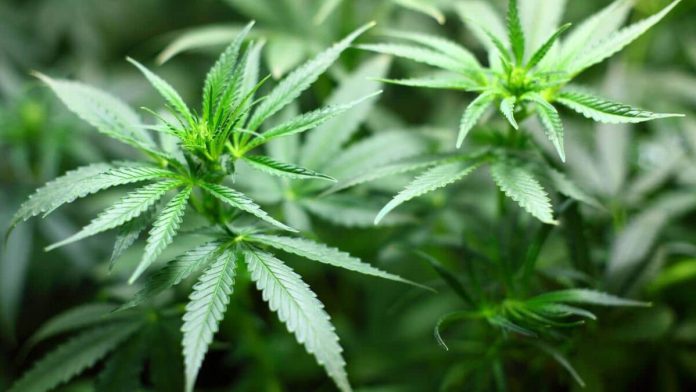Oxytocin, the “love drug”, has been indirectly associated with enhancement of pleasure in human interactions including bonding with children and with mates. Daniele Piomelli, the Louise Turner Arnold Chair in the Neurosciences at the University of California at Irvine and founding director of the drug discovery and development department at the Italian Institute of Technology in Genoa, Italy, is the first to elucidate the chemistry that causes the bliss that oxytocin produces.
Oxytocin production is stimulated by another compound called anandamide that has been called the “bliss molecule.” Anandamide preferentially binds to receptors that are most receptive to endocannabinoids. Endocannabinoids are naturally produced chemicals that have a similar structure to the active compound in marijuana called THC. Anandamide is known to activate the neuroreceptors that produce sensations of happiness and heightened motivation.
Social contact produces an increase in the production of anandamide in the brain structure called the nucleus accumbens. The increase in production of anandamide increases the pleasure associated with socialization. Oxytocin production naturally increases the production of anandamide and reinforces the good feelings associated with socialization. The researchers manipulated the chemistry of mouse brains to prevent the production of anandamide and saw lower levels of social behavior. The researchers also discovered a means to prevent the natural degradation of anandamide that may lead to a natural treatment for anxiety and autism. This is the first chemical explanation for the action of oxytocin.








